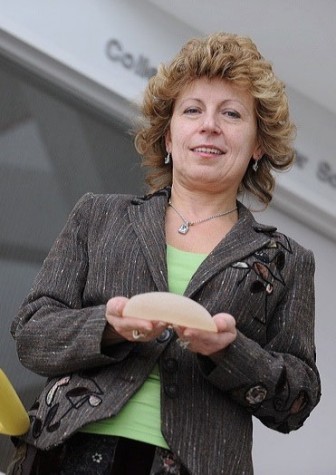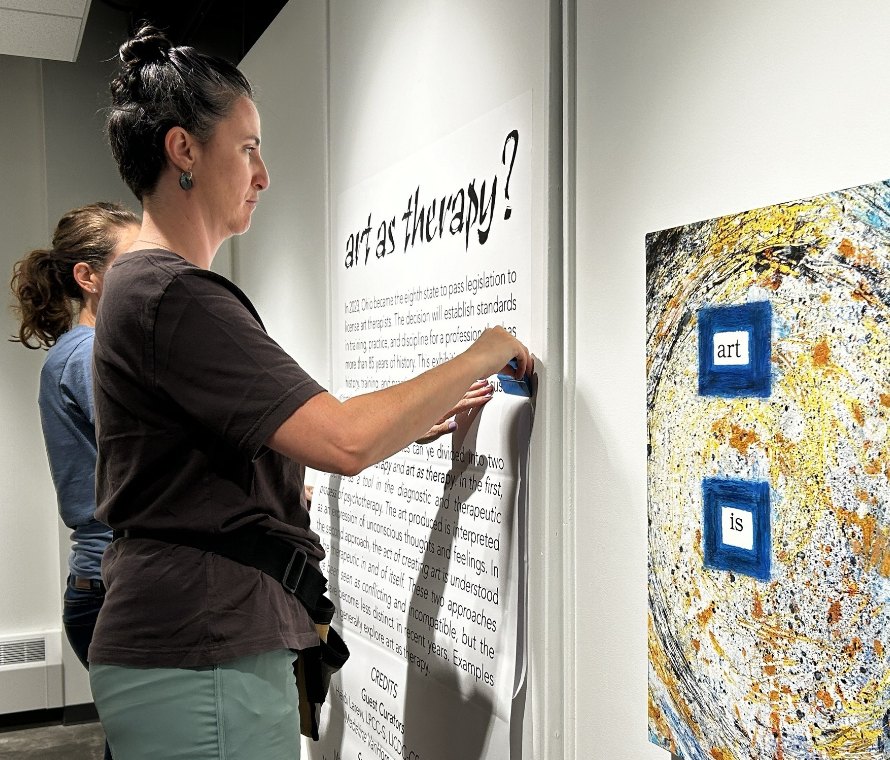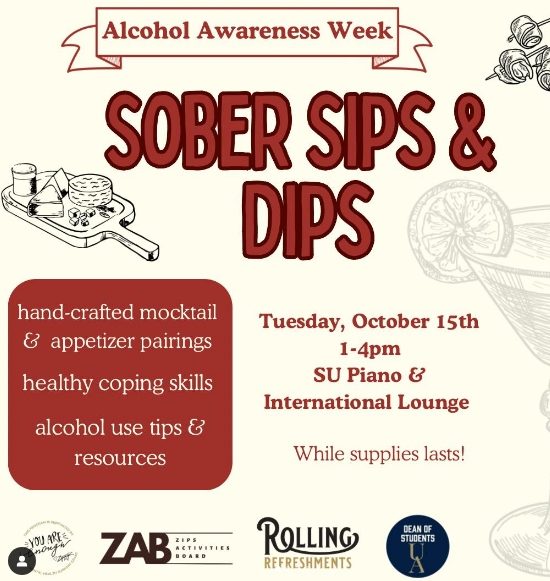University of Akron researcher awarded grant
September 9, 2014

Dr. Judit E Puskas
A University of Akron researcher was recently awarded a $800,000 grant. Dr. Judit E. Puskas received the grant from the National Science Foundation (NSF) to advance her studies with synthetic rubber and the benefits it provides.
Researching ways to improve healthcare and tire production, Puskas dedicates her time to the study of improving these industries with her knowledge of polymer science.
A major project that the NSF grant will support is the manufacturing of the halogen-free rubber for tires. This will be a more eco-friendly alternative to nonrenewable rubber. The money from this grant will help to commercialize the products from the lab and aids in creating more products for the public.
Including this recent grant Puskas was awarded, she also raised $1.6 million for this project. The money is used to support new equipment and speedier production for the rubber that will be available to the general public.
As the head of this project, Puskas sees this opportunity to move the item for consumption from the experimental level in the lab to the lives of real people who can benefit from this construction.
In other studies, Puskas creates a synthetic rubber to be used in breast prosthetics, rather than silicone rubber in implants for cancer patients. The treatment is part of her research that helps with the chemotherapy process for breast cancer patients. This process combines breast cancer implants with synthetic rubber for a safer reconstruction, while also inserting cancer-fighting drugs into the implants. This combines cancer medication with breast restoration.
Dr. Puskas is optimistic that one day this treatment could replace chemotherapy altogether. “That is my life goal,” Puskas said.
The focus on making polymer chemistry a more eco-friendly tool benefits the health care and tire industry, and the $800,000 grant is a tool Puskas and her team can use to further their studies.











